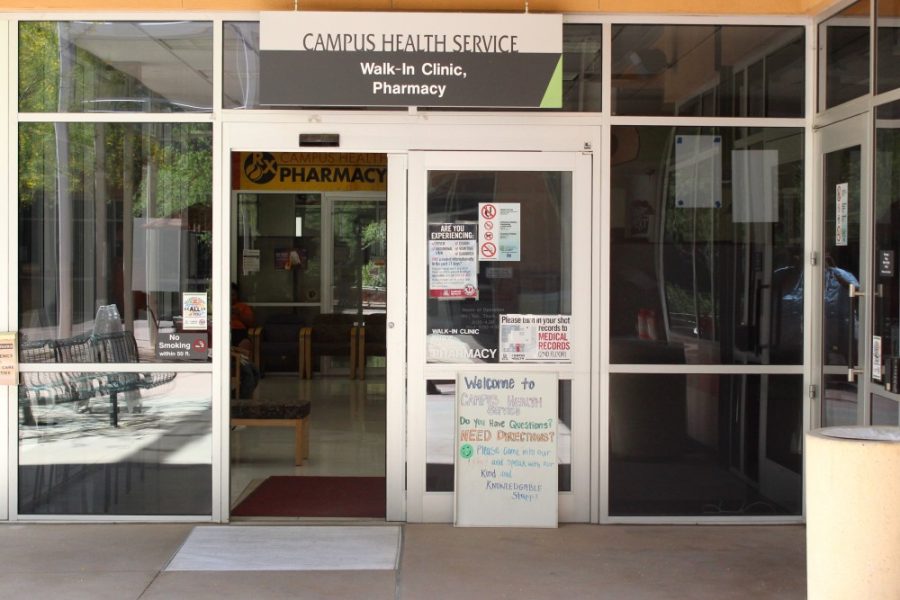For the past ten years, healthcare reform has been in the forefront of presidential agendas. This came after an all-time high of 15.8% of Americans living without any kind of health coverage in 2006 according to the U.S. Department of Health and Human Services Office of the Assistant Secretary for Planning and Evaluation.
President Obama’s term as president saw the introduction of sweeping healthcare reform. In March of 2010 the 111th Congress made the Affordable Care Act (ACA) into law. While the ACA cut the uninsured rate to 8.6%, it was estimated to cost 1.4 trillion dollars in a decade’s time.
Since the birth of the Affordable Care Act, the Republican Party has made a strong emphasis on repealing Obamacare, as it was dubbed. On the campaign trail in November, Donald Trump said “When we win on November 8th and elect a Republican Congress, we will be able to immediately repeal and replace Obamacare.”
Now, the Trump administration is making concerted efforts to repeal the Affordable Care Act and replace it with the American Health Care act (ACHA). Though these efforts have not yet had enough support to make much change, Trump appears once more to be pushing for action as he closes in on his 100-day-in-office mark.
RELATED: Borderlands biodiversity: Trump wall will imperil wildlife
The introduction of the American Health Care Act has health professionals gearing up for a change in policy.
“The attitude of the entire staff of the UA Campus Health Service remains focused on student well-being,” said Kris Kreutz, Interim Executive Director of UA Campus Health and Wellness. “This said, the policy relative to health care in the USA remains anchored in large part through the continuation and broad influence of the Affordable Care Act.”
While Kreutz is in favor of the Affordable Care Act, he does admit that it could use some revision. Specifically he suggested reform that would allow lower cost for pharmaceuticals. The cost of prescription drugs are rising at a rate far exceeding inflation and the current healthcare policy doesn’t allow for a very competitive market, allowing companies to raise their prices quickly.
The most appealing factor of the ACHA is the ten year projection done by the Congressional Budget Office, which predicts that it will reduce federal deficits by $337 billion over the course of ten years. The flip side is that in the same report, the CBO predicted that 14 million more people would be uninsured in just one year’s time. Meanwhile, Trump maintains an optimistic outlook on his healthcare reform.
“We’re going to have insurance for everybody,” Trump said in an interview with the Washington Post in mid-January of this year.
So what will change from ACA to AHCA if you are a student?
“the important considerations of providing for preventive care coverage, disallowing pre-existing conditions as a consideration for coverage and individual premium setting, allowing individuals to be covered under a parent’s health insurance policy until the age of 26, moving to a reimbursement system based in quality outcomes and reduced high cost environment utilization and continuation of the marketplace to obtain health insurance coverage, just to name a few, remain intact.” Kreutz said.
RELATED: Proposed Trump budget threatens academic research
In terms of usage, Trump’s American Health Care Act will likely have higher premiums, meaning customers will have to pay a higher fee each month.
However, choosing to abstain from getting health insurance under the ACA is penalized with a yearly fee. Under the ACHA there would be no fee for remaining uninsured, although there will be a penalty for a lapse in existing coverage.
“As for the UA Campus Health Service and the aforementioned traits of the current national health care policy, we are largely supportive since we recognize that the U.S. healthcare system is unsustainable as it has been and must change,” Kreutz said.
Follow Chandler Donald on Twitter.









